China vs Kpop: New laws target fandoms and 'effeminate image of men' in crackdown

The Cyberspace Administration of China has announced that they are implementing additional measures to curb the "fandom chaos". As a part of this announcement, the biggest social networking platform in China, Weibo, has been doing a regulated clean-up of the thousands of fan cafés and spam accounts on their platform.
Weibo has also been closing down toxic accounts that support idols who have been indicted for criminal acts; it has also tried to limit fans from posting announcements to advocate supporting celebrities within reason and to maintain order within the Weibo community.
Fandom culture has become very competitive and sometimes fans are encouraged to do unreasonable things for their favorite idols. Some fans reported to Weibo back in April that an account had started a crowdfunding event for a customized airplane to support Jimin of BTS. Since the event was crowdsourced, fans posted the results of the event on Weibo.
READ MORE
Kris Wu rape allegations: Former K-pop idol arrested in China amid Du Meizhu's claims
Blackpink Lisa's 'Lalisa' pays homage to Thai heritage in solo debut music video
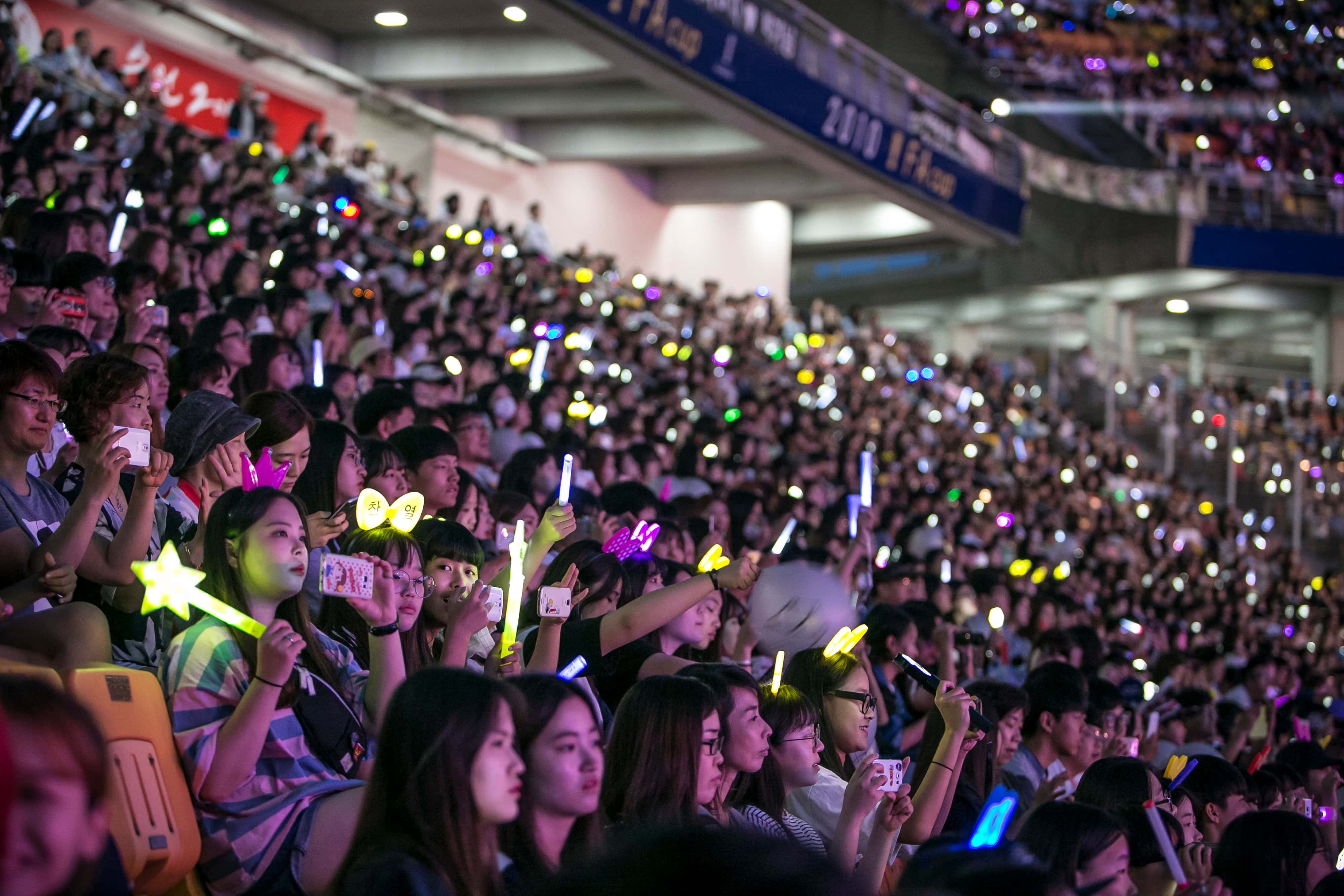
Weibo Statement
According to Weibo, “The contents of the post included elements of inducing and comparing, which is a serious issue. We immediately banned the account Jimin Bar from posting for 60 days and deleted the related posts.” The statement from Weibo went on to read that they, as a community, were strictly against irrational support of celebrities and were ready to take serious action against such fans.
In their statement, Weibo said, “Once an act of supporting a celebrity is determined to be irrational, we will deal with it seriously. We will continue to make periodic announcements on actions taken. We all need to work hard together to clean up the fandoms; our users are welcomed to give us tips and feedback regarding this matter.”
Not only these, but many other excessive projects planned by Chinese fans are also going to be monitored, restricted if found irrational, and banned if they meddle with China’s new fan-culture policy.
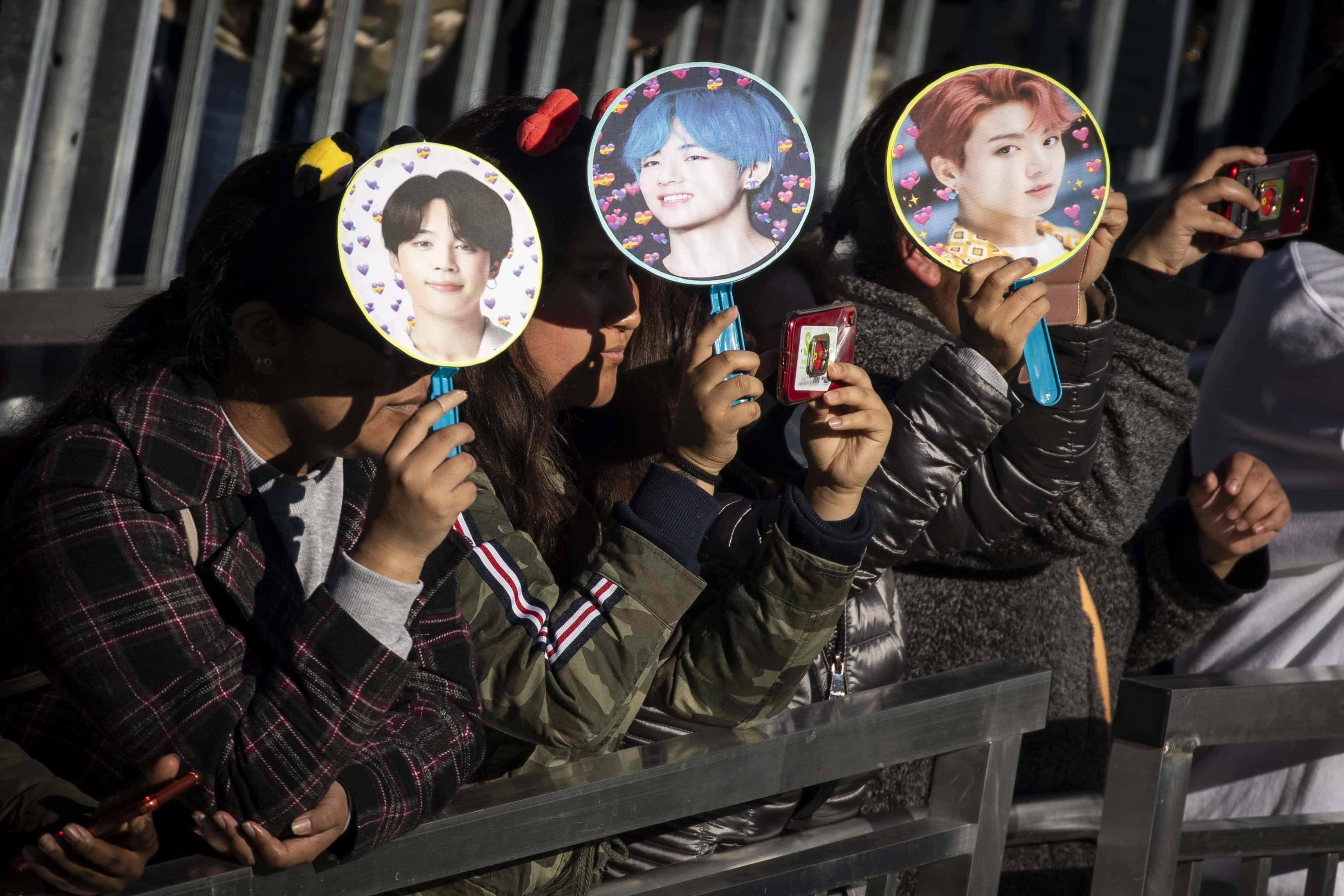
Irrational fandom culture to be curbed in China
This policy regards “irrational celebrity worship” as a dangerous threat to China’s ideology. The policy can already be seen taking effect since August 2021, when many Weibo fan accounts and fan cafes in support of Kris Wu following his arrest despite accusations of rape were revealed. The Chinese government's strong restrictions on celebrities and fandoms began after a "milk incident" in May of 2021. At that time, fans of an idol audition program threw away 270,000 milk cartons containing a voting QR code to cheer for their favorite trainee.
After this, the National Cyber Information Office (CAC) warned that idol fandoms would be strongly regulated for irrational behavior. As Chinese President Xi Jinping had enforced the Food Waste Ban Law in August last year, the milk waste case was taken seriously, and the entertainment program that was responsible was suspended.
In addition, in August 2021, CAC deleted more than 150,000 posts, including articles, photos, and videos, and closed 4,000 related accounts in a crack down on idol fan clubs. Announcement of celebrity popularity rankings, spending money to support minor celebrities, and paid voting for entertainment programs have also since been prohibited.
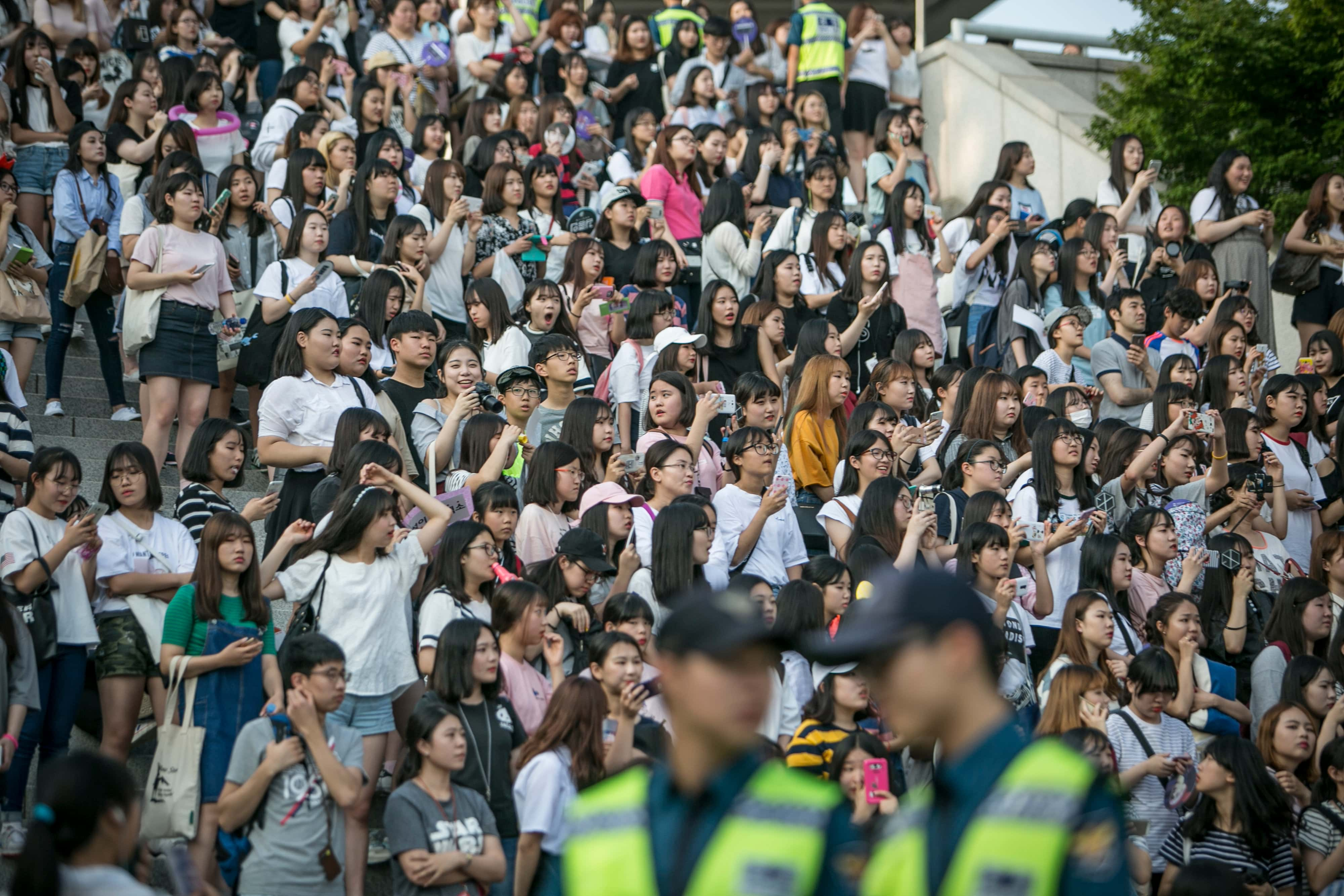
Blacklisting Celebrities with International Citizenship
Not only this, but the policy will enable the government to blacklist celebrities of foreign nationality who have gained "excessively high income", allegedly with the help of tax fraud, artists with "incorrect political positions", and males who were insufficiently masculine from their TV shows and movies from broadcasting to the public.
Singaporean actor Jet Li will allegedly be blacklisted by Beijing. Due to this, two Hong Kong celebrities, Nicholas Tse, who grew up in Canada, and Macau-born TV host Maria Cordero, who grew up in Hong Kong, have recently announced that they will be renouncing their overseas passport.
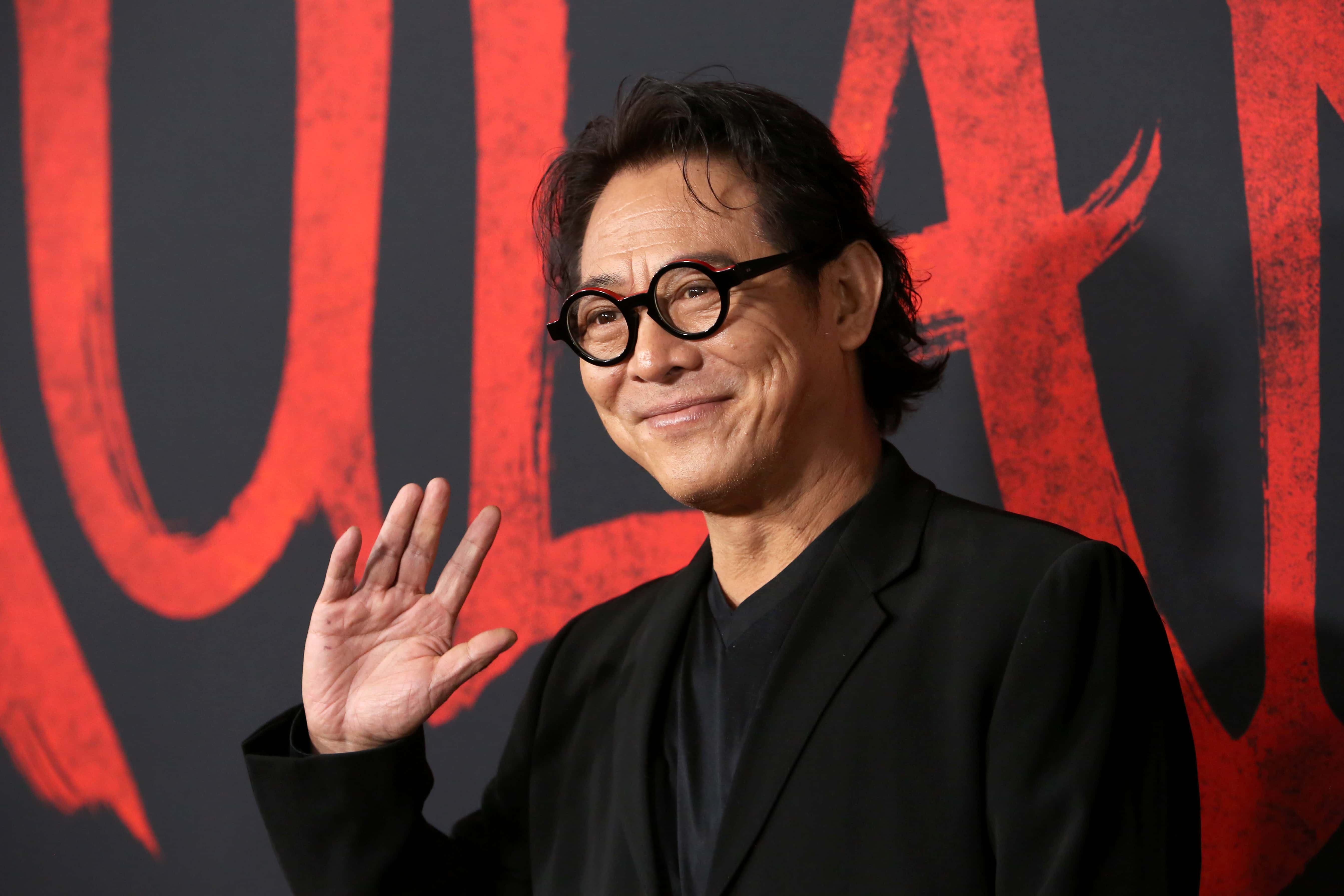
Beauty Standards and Gaming Policy
Concerning the liberal standards of beauty promoted by K-pop idols, Chinese authorities also announced that it will establish a correct standard for beauty among their people. In terms of this standard, the authorities called for a boycott of 'sissy' male idols who wear cosmetics and do not conform to the Chinese macho stereotypes.
This policy reinstated that the effeminate image of men is a "threat to society" and that there needs to be a stronger promotion of "traditional Chinese culture, revolution culture, socialist culture". Due to this, strong measures were immediately undertaken, and many of China’s reality talent shows that were massively popular nationwide, got banned over the last week. In order to ensure that citizens are not negatively influenced by broadcasters who propagate political literacy, moral rationality, and social awareness, the policy will also put an end to entertainers who have caused social controversy by committing illegal acts. Abnormal audition program voting has also been subjected to strong restrictions.
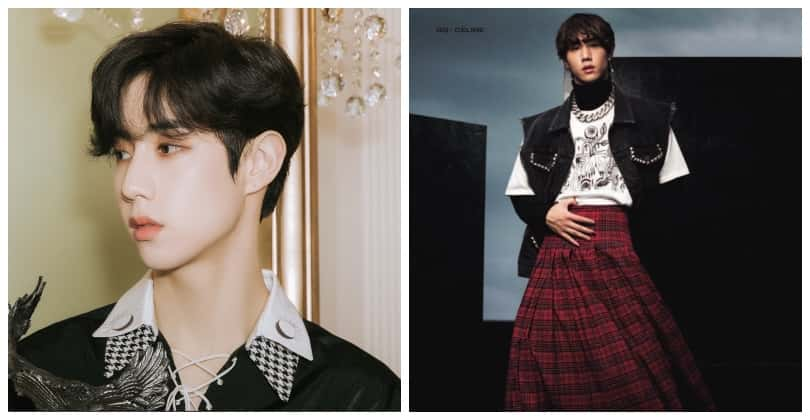
Effect on K-pop
Due to the implementation of this policy, Chinese authorities are strongly regulating fandom activities to rein in rabid fandom culture. China's largest music platform, Tencent QQ Music, has restricted any account from purchasing the same digital album or single twice. Although the measure is limited to digital music purchases, it can be expected that sanctions against the purchase of physical albums is also likely.
The total exports of K-pop albums worldwide in July this year surged 3.6 times year-on-year to 30.7 billion won ($26 million). Sales coming from China alone reached $8.25 million, which was the biggest amount ever.
Due to such numbers, Chinese authorities are aiming to curb this toxic fan culture by imposing bans on physical sales of albums and merchandise and to ensure that a huge sum of money is not splurged on something as trivial as celebrities. This change in the purchasing pattern has already become evident when one of China’s biggest fan pages for Blackpink’s Lisa announced through their official Twitter account that they were not able to buy large quantities of albums due to stricter regulations by the authorities. This policy will affect the Korean music industry negatively as China is the biggest consumer of K-pop merch and albums.
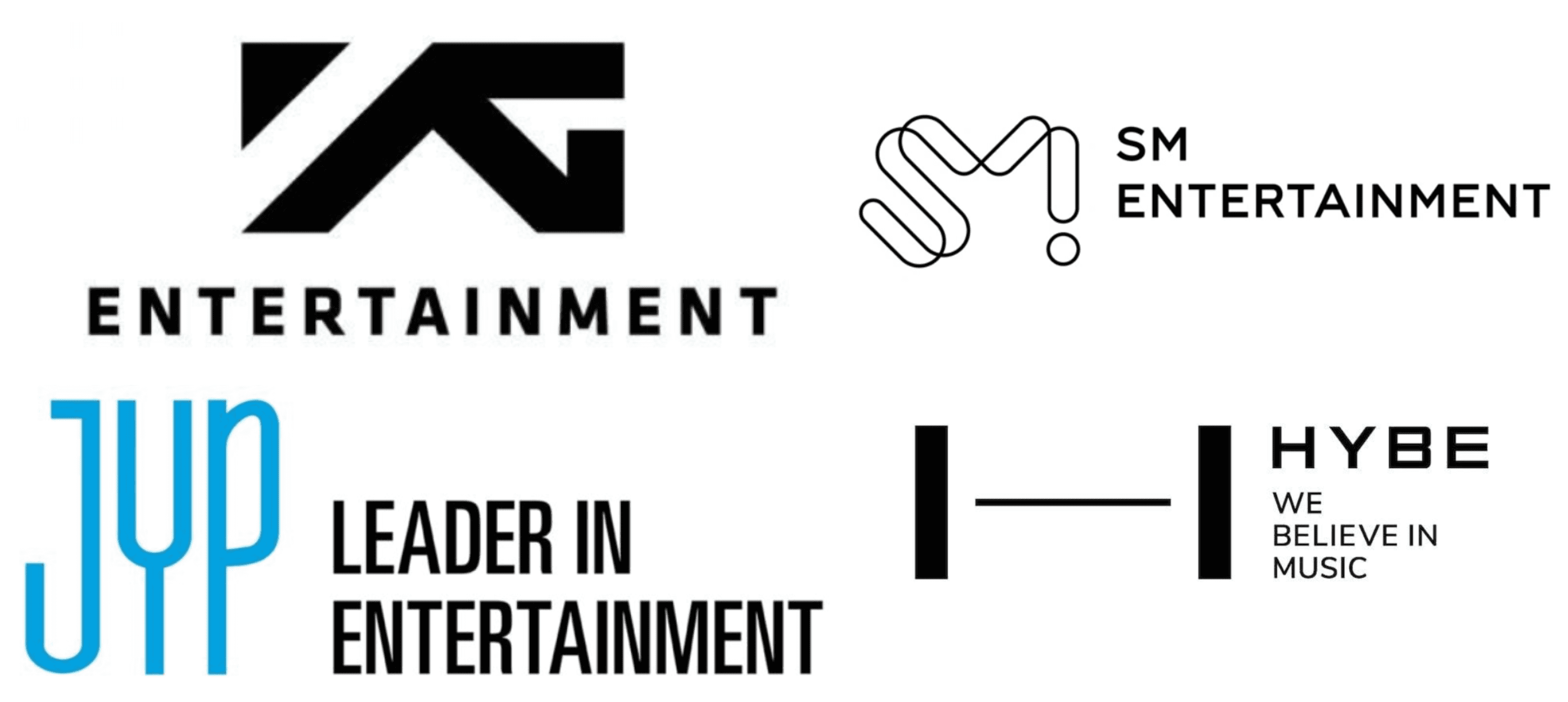
Major entertainment companies affected
Apart from sales and fan-culture stats, another statistic that has been affected by the Chinese policy is stocks of Korean agencies. China's State Administration of Radio, Film, and Television (SARFT) also issued the “Directive on Increasing Oversight of Entertainment Programs and their Personnel" on September 2, banning effeminate boy bands from starring in idol talent shows broadcast on TV networks and internet platforms.
Chinese authorities said these regulations aim to eliminate immoral entertainers who commit illegal activities, and television stations will cast actors and singers based on their political sophistication, moral conduct, and social assessment.
A day after SARFT's announcement, the stock prices of Korea's three representative K-pop firms all declined. YG Entertainment saw a decline in their stock price by 2.54%, SM Entertainment saw a decline in their stock by 1.94% and JYP Entertainment witnessed their stock prices decrease by 1.57%. Keyeast, a management agency specializing in actors, also saw its stock price drop 4% on the same day.










